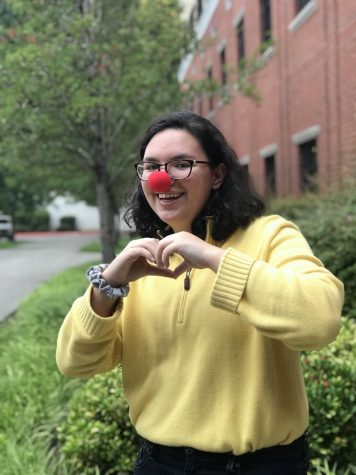The ‘climate crisis’ is more than the climate
Oftentimes when we discuss climate change, it turns into a debate only about rising temperatures and sea levels, when in reality, there are underlying consequences that affect specific people greater than is understood.
For instance, climate change often affects the poorest people with risks of flooding and food & water insecurity. And, of course, the poorest people are typically people in developing countries and people of color. Even in America, the communities hurt the most by climate change typically have the lowest amount of socioeconomic privilege, rarely come from educated backgrounds and are people of color.
Consider who, when we talk about climate change, is at the forefront of this global issue? Greta Thunberg is an icon for the cause. As a Swedish, European, generally affluent, young woman, she experiences a certain level of privilege, both in how she portrays herself, as well as how she is portrayed by the media.
For example, at the most recent climate convention by Davos, Thunberg was depicted with three other caucasion European climate activists in a photo. Only later did people speak out saying that someone was missing from the photo: 23 year old Ugandan Vanessa Nakate. While initially in the photo with the four others, once the press began to cover the convention, she was cropped out, as if she wasn’t even there.
The backlash that followed this media coverage was astounding to hear, but knowing that the media still praises the work of affluent white people over the black and brown people doing the same job (if not more), is disappointing and disgusting.
Of course, people are doing better at recognizing and “checking” their privilege, but, sadly, in order to learn from these experiences, we have to have these experiences. Besides acknowledging the other side, coming to terms with our own privilege or disparity, and being open to listen, there isn’t much we can do to better understand people, but remember that cozying up to our ignorance does far more harm than good.


